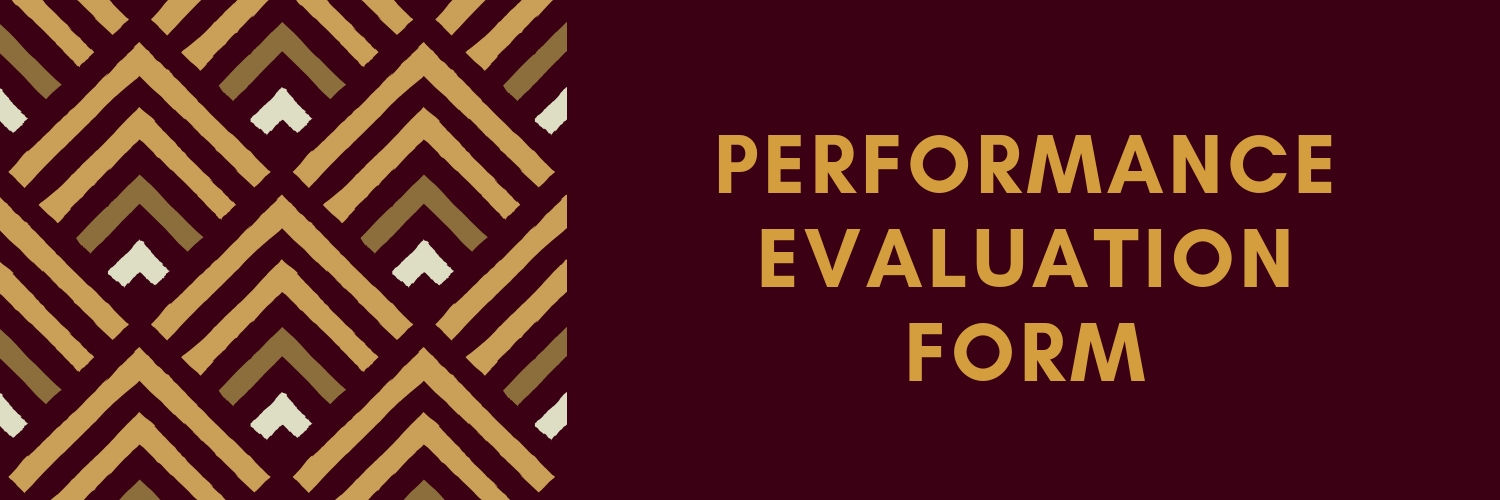
Assessing and improving teaching is best accomplished when multiple sources of evidence — self-reflection, student feedback and peer observation — are well understood. At CTL we propose making use of these multiple source of evidence to obtain a holistic picture of an instructor’s approach and effectiveness. Read more
- Self-reflection on teaching
It is key to engage systematic reflection on your own teaching. Some easy yet consistent strategies for keeping track of your teaching are to annotate assignments, tests and class plans on an ongoing basis. This will help you keep track of things to keep and/or eliminate when you teach the class again. End-of-term summaries also help you reflect on your teaching and provide excellent fodder for the development of new classes and or improved versions of the same class. Read more
- Gathering student feedback
Gathering information from your students about their experience as learners in your class is a valuable way to assess your teaching. There are many ways of collecting feedback from your students: Small Group Instructional Diagnosis (SGIDs), surveys, webQ’s and open-ended feedback forms. Which method is best, depends on your assessment objectives and the kind of information you need. Read more
- Collaborating with colleagues
Faculty may find colleague “peer reviews” a valuable way to gain multiple perspectives on teaching and learning as well as a welcome addition to tenure files. Observations are most effective when approached as collaboration meant to benefit all involved. Read more
- Assessing student learning
Practices related to Grading — both as an assessment of student performance and as a mechanism through which students receive feedback on their work — vary widely across disciplines, course levels, departments, institutions and instructors. However, there are several strategies that most instructors agree contribute to successful grading: creating clear grading criteria, communicating these criteria to students, giving constructive feedback and employing time management strategies when grading large amounts of student work. Read more
- A guide to best practice for evaluating teaching
While the UW community values great teaching, how we evaluate teaching varies across departments, schools, colleges and our three campuses. This guide combines evidence-based and national best practices with insights from across the UW to support departments and individual faculty in the development and assessment of teaching. Read more